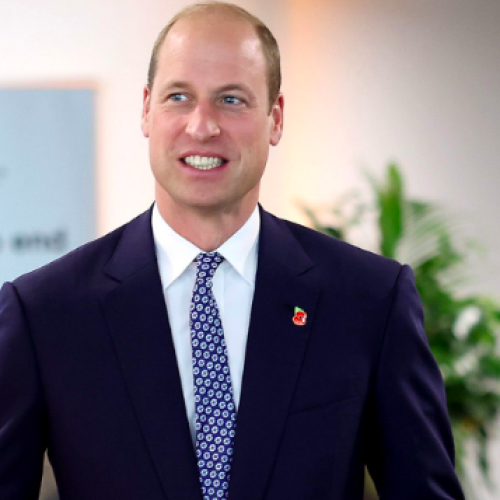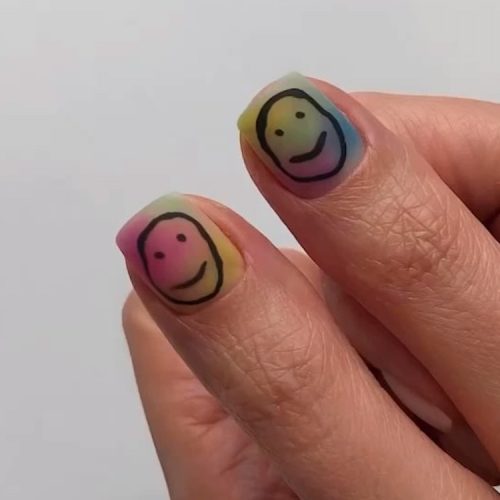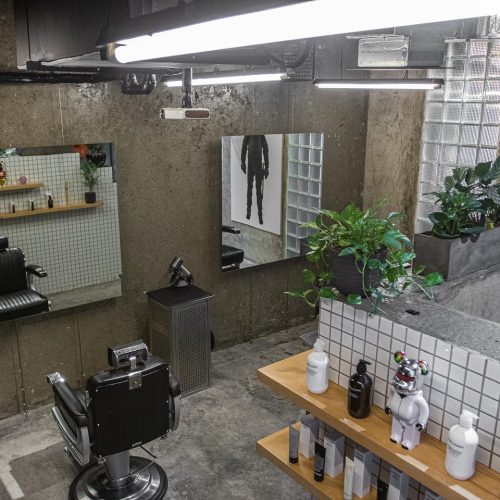For centuries, society has dictated women’s existence, from what they do, what they wear, and how they look. Since the invention of corsets in the 1500s to the creation of Spanx at the turn of the millennia, small waists, large breasts and slender figures have been the ideal. But women have been pushing against it all. Jordanian-Palestinian actress Salma Malhas is the latest to do it.
The 19-year-old actress, who starred in Netflix’s first Arabic original series, Jinn, took to Instagram to make a statement, unapologetically sharing an unaltered photo of herself in a bid for body-positivity.
“I felt like any flaw would change the way people saw me and ultimately affect my perception of myself,” wrote Malhas, adding: “I’m not going to act like those insecurities just disappeared, they’re still here, all the time. They just don’t control me as much.”
Malhas, who is currently pursuing her studies at Tisch Academy in New York City, went on to calling the move “a journey to accept myself,” leaving her audience with a small lesson of self-acceptance.
Like elsewhere around the globe, issues relating to body-image are prevalent in the region. With overtly face-tuned Instagram posts by influencers and an upsurge in cosmetic surgery credited to IG and Snapchat filters, a body-positivity movement is long over-due.
Arab female influencers like Hannah Rasekh have previously spoken out against beauty ideals. The Palestinian-British influencer recently took to her Instagram stories to highlight the inaccuracy and downsides of the application’s face filters, that are mostly made to inflate your lips and sharpen your jawlines.
And beauty ideals are only one part of a larger mission. Recent years have seen feminism’s rise to power across the world. #MeToo movements found a home in Tunis and in Egypt. And whilst there’s still major work to do, Malhas’s recent statement can give young girls hope that things might just be heading in the right direction.









